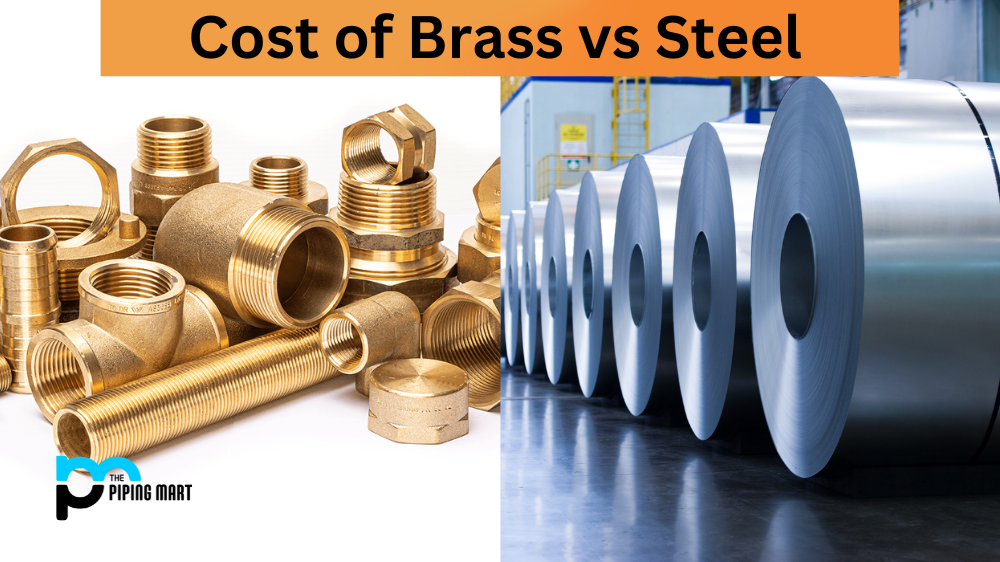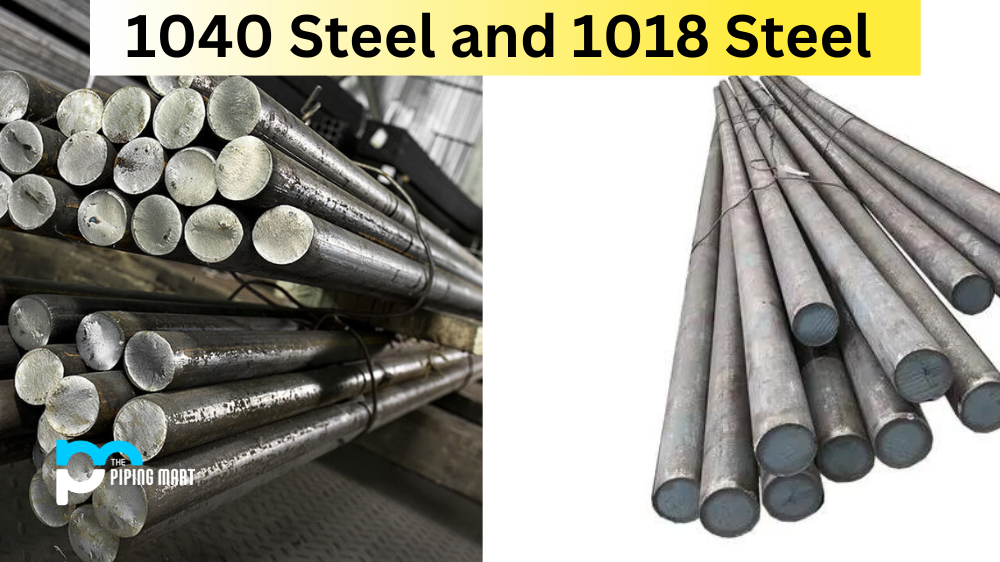Whether you’re a professional contractor, hobbyist craftsman, or DIY enthusiast, understanding the cost of brass versus steel is important when selecting materials for your project. In this blog post, we’ll break down the differences between brass and steel, as well as their respective costs.
Difference Between Brass and Steel
First and foremost, it’s important to understand the differences between these two metals. Brass is an alloy of copper and zinc that has been used for centuries to create everything from jewelry to musical instruments. It is known for being malleable and resistant to corrosion from salt water or air. Steel is an alloy of iron with small amounts of carbon which makes it harder than iron but more brittle. Steel is also far less expensive than brass due to its large abundance in nature.
Cost Factors
The cost of brass versus steel depends on several factors including availability, production method, grade/quality, and quantity required for a project. Generally speaking, brass is more expensive than steel due to its higher production costs; however, this can vary significantly depending on the application as well as the quality and quantity needed for a job. Additionally, scrap metal prices fluctuate depending on market demand so these factors should be taken into account when considering costs.
Cost-Effectiveness
When it comes to cost-effectiveness, both metals have their pros and cons that must be considered before making a purchase decision. For instance, if you are looking for a material that is corrosion-resistant then brass may be your best bet despite its higher price tag since steel will corrode more easily over time due to oxidation reactions with oxygen in the air or moisture in soil/water. On the other hand, if you need something that has high strength-to-weight ratio then steel could be your better option since it’s lighter than brass yet still strong enough for many applications.
Conclusion
When deciding between brass versus steel there are several factors that must be considered including cost effectiveness (scrap metal prices), production methods (costs), grade/quality (corrosion resistance)and quantity needed (strength-to-weight ratio). Ultimately which metal you choose will depend on what type of application you need it for as well as how much money you are willing to spend on materials. As always it’s important to do your research before making any purchases in order to get the most bang for your buck!

A passionate metal industry expert and blogger. With over 5 years of experience in the field, Palak brings a wealth of knowledge and insight to her writing. Whether discussing the latest trends in the metal industry or sharing tips, she is dedicated to helping others succeed in the metal industry.




